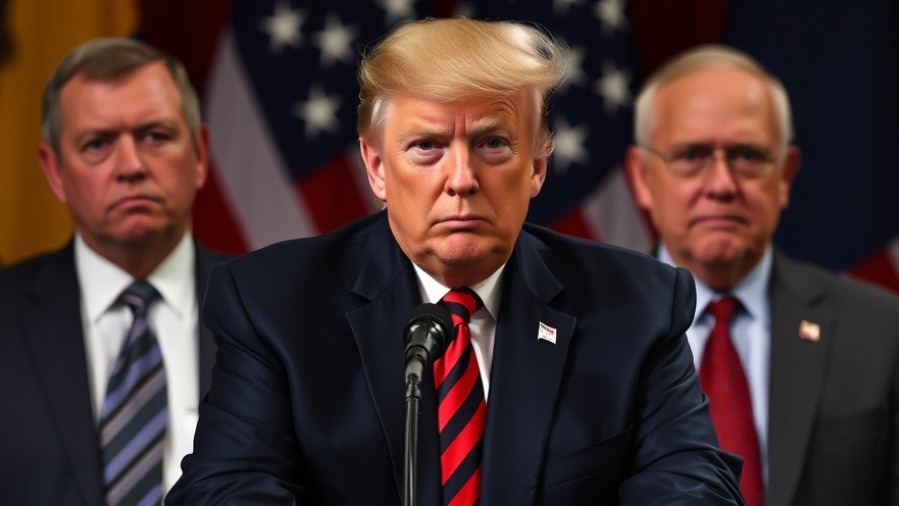
Trump Administration's Directive: A Deeper Dive
The Trump administration's recent request for financial institutions to report suspected "domestic terrorist activity" marks a significant turn in governmental policy, with implications that extend beyond standard financial regulations. This initiative, framed as part of a broader crackdown on groups like antifa, raises urgent questions about the balance between national security and civil liberties.
Understanding the Financial Crimes Enforcement Network's Role
The Financial Crimes Enforcement Network (FinCEN), a branch of the U.S. Treasury Department, plays a central role in combating financial crimes, including terrorism financing. With a budget of approximately $190 million, this organization is ramping up its resources to support law enforcement investigations targeting potential domestic threats. This effort aligns with longstanding concerns about the potential for financial institutions to inadvertently facilitate terrorist activities through unregulated channels.
Linking Financial Transactions to National Security
Historically, there has been a close relationship between financial oversight and national security, particularly following events like 9/11, when terror financing became a focal point for law enforcement. By asking banks to identify and report on suspicious activities linked to domestic terrorist movements, the government's objective is not only to curtail funding sources for these groups but also to enhance the overall security framework of the nation.
The Controversy Around Domestic Terrorism
Critics argue that the broad definition of "domestic terrorism" could lead to significant overreach, disproportionately targeting specific groups and infringing on the rights of citizens. Advocates for civil liberties warn that such measures might foster an environment of mistrust among communities, particularly those already marginalized. The tension between protecting the public and respecting individual rights continues to spark heated debates.
Trust in Financial Institutions: A Balancing Act
As this directive unfolds, financial institutions find themselves in a precarious position. They must balance their legal responsibilities with the need to maintain trust with their consumers. The expectation for banks to act as watchdogs on behalf of the government could strain relationships if clients perceive invasions of privacy or if reports lead to unfounded suspicions.
Impacts on the Economy and Banking Practices
Incorporating anti-terrorism measures into banking operations may introduce new challenges. This alignment not only requires significant internal adjustments and training for banks but may also lead to longer wait times for transactions pending investigation, impacting business operations, consumer confidence, and overall economic activity.
Future Implications: A Look Ahead
The implications of this directive extend beyond immediate enforcement actions. The future may see an expansion of surveillance policies across various sectors as financial institutions and governmental bodies emphasize security. A careful watch on how effectively this policy curtails actual domestic threats will be critical to gauging its success. Furthermore, as public awareness increases, the push for transparency in how these policies are implemented will likely grow.
Conclusion: Navigating the New Landscape
In summary, the Trump administration's initiative to involve banks in the monitoring of domestic terrorist activity marks a significant policy shift instigating national discourse on civil liberties versus security measures. Readers are encouraged to stay informed and engage in discussions surrounding these pressing issues as they unfold, reflecting the critical nature of the intersection between finance and national security in our current socio-political landscape.
 Add Element
Add Element  Add Row
Add Row 



Write A Comment